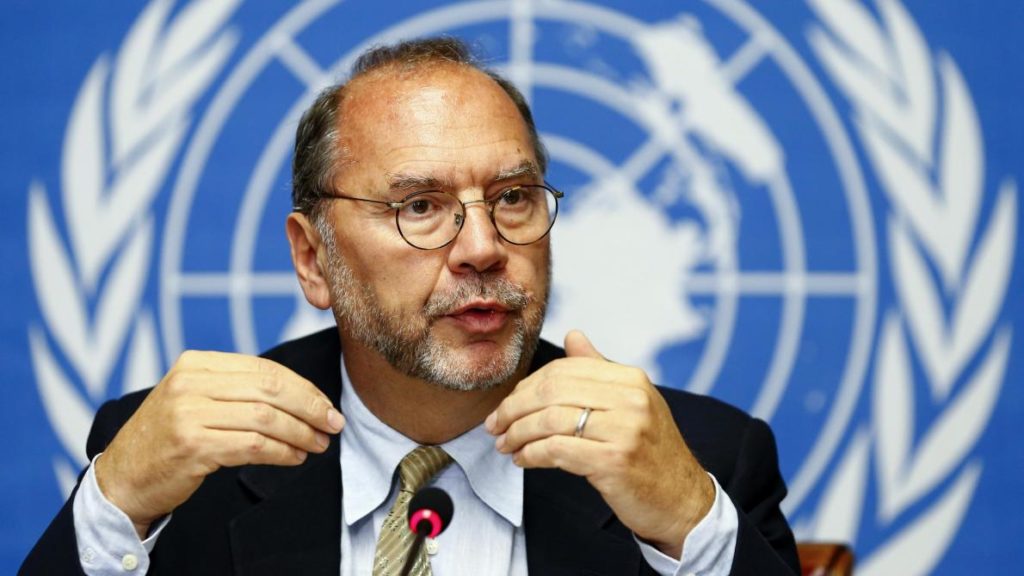The virus that causes the current pandemic of Covid-19 is only one of the viruses that have crossed the path of Peter Piot, probably the most knowledgeable expert in the world on that tiny but devastatingly dangerous organism, whose name means simply ‘poison’, the virus.
Piot is now director of the London School of Hygiene and Tropical Medicine, and his CV also describes him as the discoverer of the Ebola virus and a past expert for the United Nations on the Aids virus HIV.
Of all the experts who are now guiding Belgium through the Covid-19 pandemic, most would probably address him as Sir. For 18 years he was head of the Institute for Tropical Medicine in Antwerp.
But knowledge is only one weapon in the fight against a virus, and not always the most powerful. Last year Piot succumbed to SARS-CoV-2 himself.
“Now they have me,” he thought at the time, he told Gazet Van Antwerpen. “I have dedicated my life to fighting viruses. Finally they can get their revenge.”
But he survived, although it took six month to recover, and left behind heart problems.
One year down the line, two things he found surprising: that a single virus could bring the world to its knees, producing millions of victims and so many deaths; and that the scientific world could react so effectively by producing so many vaccines in such a short time.
From an expert in both the fields of viruses and the combatting of infectious diseases, both conclusions are impressive.
And while some people, including policy-makers in the EU, look toward Asia and also New Zealand for a way of stopping the virus in its tracks – the so-called Zero Covid strategy, Piot is no supporter.
“Like most experts, I believe this virus becomes endemic even after vaccination of the majority of the population,” he told the GVA. “Thanks to the vaccines, few people will die or end up in hospital unless very dangerous variants emerge regularly that make the vaccines less effective. Also, let us not forget that we have been able to eradicate only one virus that affects humans: smallpox.”
Piot’s wife, Dr Heidi Larson, has spent decades trying to counter the effects of anti-vaxxers on the internet and now on social media, who offer up all kinds of arguments why vaccines are useless at best, and harmful at worst.
“They forget that many children would not have survived had we not vaccinated them against measles, for example. Here in England you have a hard core saying there are 5G waves involved. We are not going to convince those people. We must focus on the common man who rightly asks questions.”
The effect of the anti-vaxxers, however, could have an effect on the search for herd immunity, where the virus would retreat once about 70% of he population had immunity – either from a previous infection or by vaccination.
“We will get there. But I don't know if it will be 60% or 70 or 80. The question is also when. Also because the deliveries of our vaccines are far from certain.”
But in the end, the future offers possibilities, he said.
“The world will not be quite the same after this crisis. We are probably going to have outbreaks now and then, maybe every winter.”
If nothing else, we will wash our hands more, and will continue to wear a mask when we have a cold or a runny nose. And teleworking has finally become normalised.
“We also see a greater interest in science and public health among young people,” he said.
“Most of all, this epidemic has made it clear to each of us what is really important in our lives and what we can do without. We are going to make the best of each day and enjoy it, and stop wasting our time with complaining and fussing about things.”
Alan Hope
The Brussels Times

